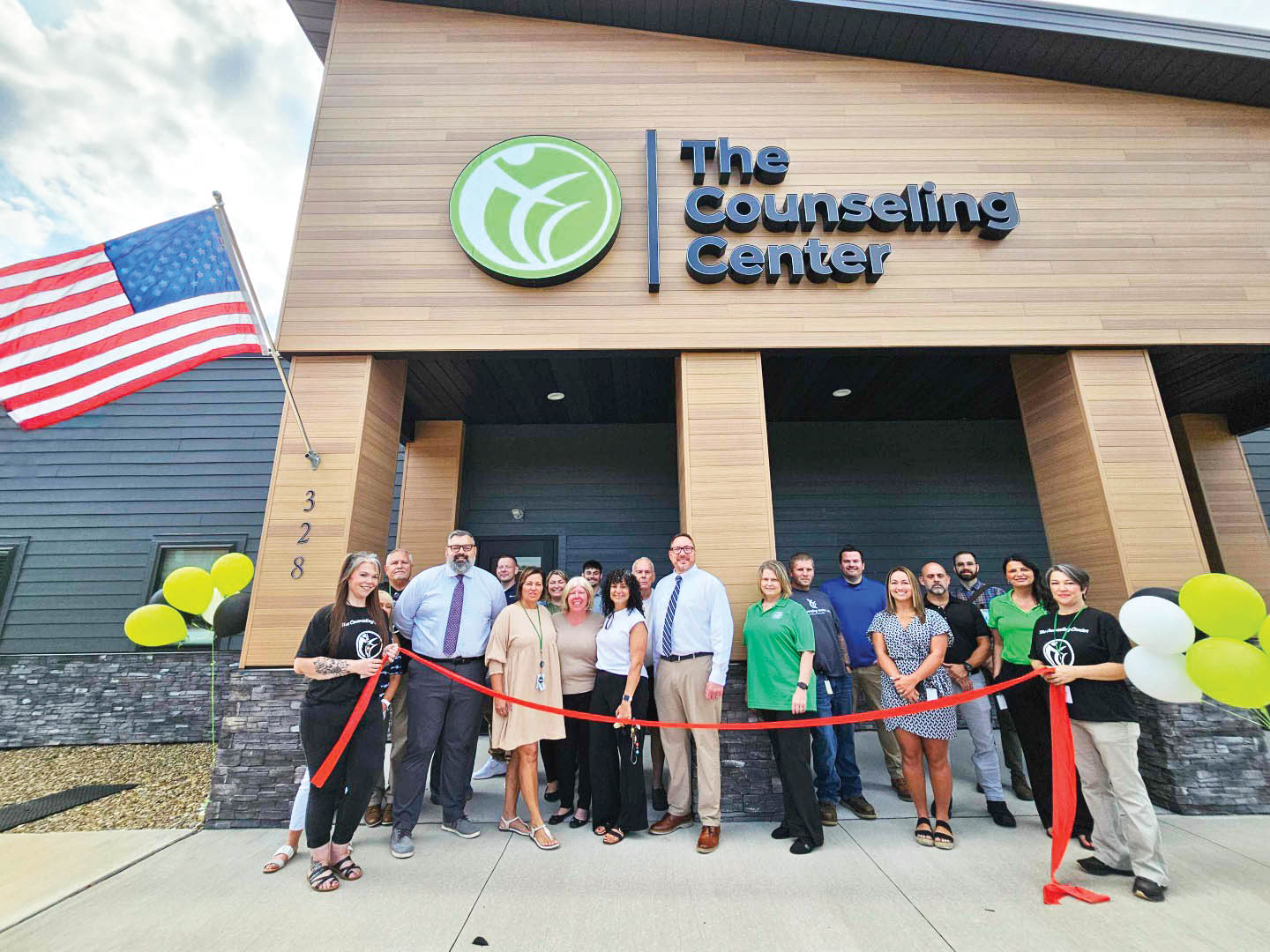Challenges come with rescuing a shelter dog
Published 10:48 pm Saturday, June 19, 2010
Rescuing a dog from a local shelter can be a very rewarding experience, but with any relationship, there will be ups and downs.
Many rescue dogs are accustomed to living alone in a kennel. They may not know their manners and will act differently than a dog you have raised from a pup.
Not all dogs arrive at shelters with names. Usually they are given names by shelter volunteers or workers, so do not expect Fido to respond to his name. The good news is you can name him any name you want.
Trending
Just use his name when you want to get his attention and if he responds favorably, give him treat and he will catch on in no time.
If you find he is not food motivated, substitute a toy for the treats. Over time you can decrease treats and use praise alone.
The biggest mistake people make is they tend to over spoil rescue dogs.
The majority of kindhearted people who have opened their homes and hearts to a dog in need don’t see any harm in initially spoiling them to make up for whatever injustices (real or imagined) that he may experienced.
But at the end of the day, you will have to look at all the things your dog is being allowed, even encouraged to do, and ask yourself, “Can I endure living with my dog doing that for the rest of his life?” If you have not started bad habits, don’t.
Being adopted into a loving home is the dog’s life changing reward.
Trending
Teaching him to behave properly from day one will make the rest of his life happier and easier. If you have allowed bad habits to form, begin a program of restructuring. Your dog will learn to enjoy the new rules, because he will like the feeling he gets from pleasing his master. Always keep a happy, cheerful demeanor throughout the retraining process.
Another major challenge may be housebreaking. If your dog has been used to running the neighborhood before being domesticated by you, there is a good chance his motto will be, “When you gotta go, You gotta go!”
A visit to the veterinarian will rule out any medical problems, before beginning his training regimen. First, if he is not fixed, get them spayed or neutered.
Just like housetraining a pup, monitor his whereabouts at all times and confine him when you can not. He quickly will learn to potty outside and not on the couch.
Expect the new family member to come attached with some fears.
You’ll never get anywhere trying to piece together his life’s history when you have little information about his past. If your dog is shy around your husband, don’t assume that he was abused by a male.
He may be afraid of his glasses, his hair color, or that he is tall. These theories may or may not have any relevance to your dog’s behavior.
Consider signing up for a positive reinforcement obedience class, to build a positive relationship. Obedience will also relieve some of your dog’s anxiety and make him a more confident dog.
Adopting the right shelter dog will be one of the most gratifying things you will ever do. There will be good days and bad days, but the more time you spend in bonding and training, the good will far out way the bad.
Working through challenges will only strengthen your bond. Remember, every dog deserves to be treated like a show dog.
Tony Barker, The BARKer Shop




